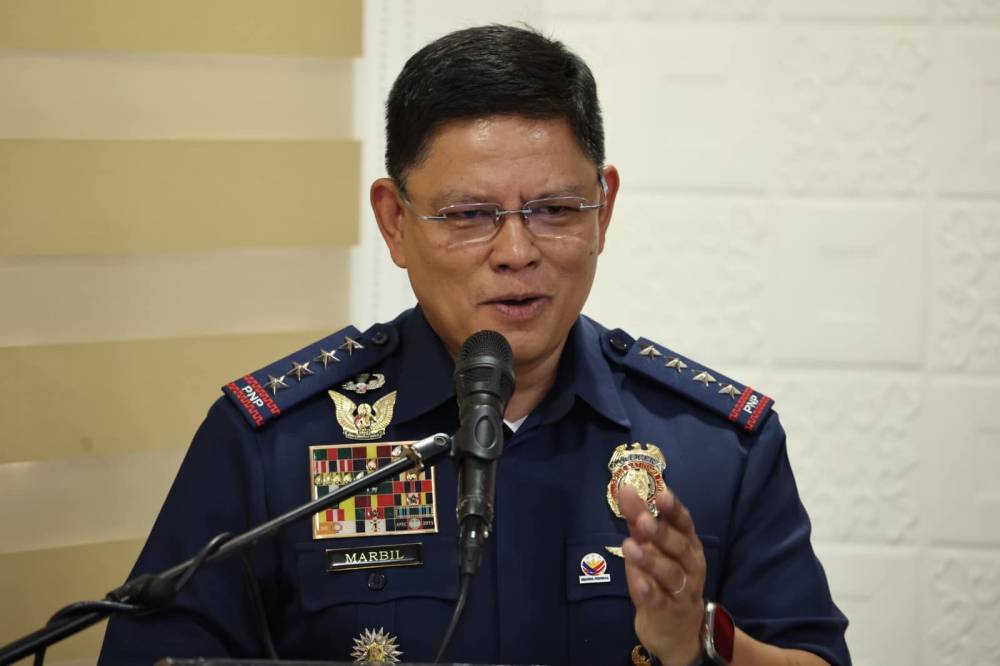Cutting 911 response time to 3 minutes

Say what you will about the chief of the Philippine National Police, but one accusation that can’t be made against him is scarcity of ambition.
In an Aug. 18 order, Gen. Rommel Francisco Marbil asked all police units to respond to requests for assistance within three minutes of the call being made to the government’s revitalized emergency hotline 911. The order, he said, was part of the PNP’s drive to restore the public’s confidence in the ability of the police force to lend a hand to people in emergency situations, whether it be a crime in progress or a person in urgent need of medical attention.
“Every Filipino deserves a quick and efficient police response, regardless of their location or status. The revitalized 911 hotline is not just a technological improvement; it is a crucial component of our mission to make every community feel secure and supported by the PNP,” Marbil said in a statement.
“Our citizens rely on us during emergencies, and we have to ensure that every 911 call is met with the swift and effective response it deserves,” he added.
“This directive is more than just a procedural requirement—it reflects our unwavering commitment to serve and protect the Filipino people, ensuring peace and safety across the nation,” Marbil said.
Brunt of jokes
The PNP chief’s words hit all the right notes with a public long disillusioned by the inadequacies of the 230,000-strong organization in serving the people, mired as it is in a system that has fostered corruption, mismanagement, and inefficiency, and bred scalawags more inclined to disturb the peace than to protect it.
Let us not even mention the brutal drug war waged by the previous administration whose sole achievement has been to kill thousands of suspects and sow terror nationwide. The PNP’s bloody handprints were all over the illegal drug campaign, its former leaders now potentially facing international prosecution for crimes against humanity.
All these have chipped away at the credibility of the PNP, but the truth is its bad reputation, while certainly deserved, didn’t start in the last administration but over decades of slow decay. Law enforcers’ delayed response times had consistently been the brunt of jokes, even in the old action movies of the 1980s and the 1990s, where the police would only rush in at the last sequence—never to save the day but only to do the cleanup for the vigilante hero.
Those days are over, as far as Marbil is concerned.
According to the PNP, the new E911 system, which replaces the unsuccessful Patrol 117, incorporates advanced technology designed to reduce response times and improve coordination among emergency services. The system uses the Next Generation Advanced 911 System, a leader in trailblazing emergency communications.
Prank calls
Last week, the Department of the Interior and Local Government (DILG) simulated the 911 emergency hotline service at Camp Crame, the PNP headquarters in Quezon City, and found that it was faster and more effective in handling distress calls than the old system, comparable to those in the United States and Europe.
A recent demonstration of a call-to-police response took all of 56 seconds.
But a fly in the ointment is the large number of people who aren’t taking it seriously. Even now, prank calls make up the bulk of calls made to the 911 hotline, according to Bernard delos Santos of the E911 National Call Center.
Under the old system, the hotline would receive around 50,000 calls a day with only about 500 legitimate calls.
“With the new system, all those spam or prank callers, first and foremost, they can identify and locate because of the capabilities of the new system [with] GPS,” Delos Santos said.
A pipe dream
But the improvement has been marginal. Under the new system, the hotline has been receiving 700 legitimate calls out of a total of 30,000, Delos Santos said.
Presidential Decree No. 1727 punishes any person who willfully passes on false information “by word of mouth or through the use of the mail, telephone … and other instrument or means of communication” with imprisonment of not more than five years or a fine not exceeding P40,000, or both. But it’s painfully obvious that enforcement has been lax or nonexistent, as pranks continue to dominate calls made to the hotline.
Which is a shame because if properly run, the system can ramp up police efficiency. The DILG recently reported a 3.29-percent decrease in crime volume in the first half of the year due to the PNP’s “ongoing and robust anti-criminality measures.” The crime efficiency rate stood at 94 percent and the crime solution efficiency at 87 percent in that period.
Imagine the boost on the PNP’s overall performance when its rescue units are literally three minutes away. But without earning the public’s trust, this will remain a pipe dream, for what the police force needs, more than state-of-the-art technology, is the return—not just the illusion—of integrity and accountability within its ranks.





















